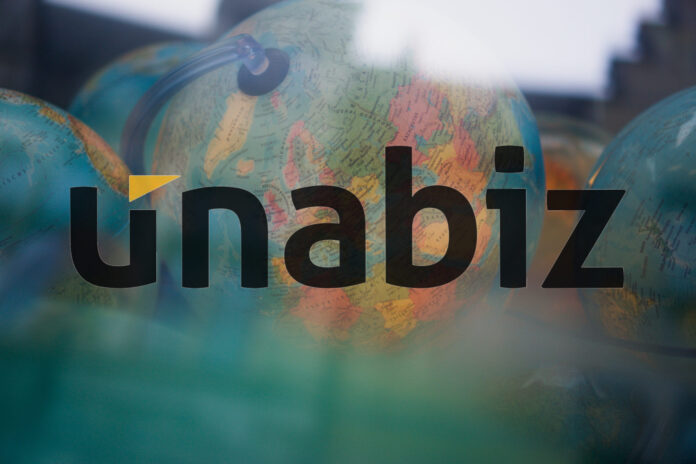IoT solution provider UnaBiz has acquired Sensatag, a five year-old Netherlands-based provider of low-power industrial IoT tracking solutions, for an undisclosed fee. Sensatag has a decent line in Sigfox trackers; Singapore-based UnaBiz, meanwhile, is also in the running to buy Sigfox, as final bids are entered this week with court-appointed administrators in France for the ailing IoT connectivity business.
UnaBiz said the deal for Sensatag is strategic for both parties, with UnaBiz acquiring new expertise in asset tracking and Sensatag expanding its geographical reach in the Asia Pacific (APAC) region. “Sensatag can leverage UnaBiz know-how as a scaling platform to extend its product and services offerings to global markets, starting with APAC,” it said. In a statement, UnaBiz referred to Sensatag as a “veteran 0G solution provider”, using the preferred Sigfox marketing parlance for its sub-cellular ultra low-cost and low-power connectivity system.
But Sensatag’s portfolio, majoring on dual-mode hybrid IoT, also incorporates Wi-Fi and GPS into mostly-Sigfox based tracker solutions. UnaBiz has itself moved beyond its original remit as a Sigfox connectivity house, running the local Sigfox network in Singapore and Taiwan, and supplying Sigfox solutions to Sigfox operators in Japan, to also design and produce both stripped back and amped up IoT units with proprietary LoRa, LoRaWAN, and cellular IoT. UnaBiz said it will extend the Sensatag low-power IoT connectivity arsenal with Bluetooth, as well.
Meanwhile, UnaBiz has been busy, also, to tie-up with satellite providers to offer bundled IoT communications over satellite in terrestrial blackspots and not-spots, serving particularly the industrial and maritime sectors. In the last couple of weeks, it has announced deals with both France-based Kinéis and with Switzerland-based Astrocast. The latter, announced last week, enables UnaBiz to leverage “the most advanced global nanosatellite IoT network”, it said.
More tellingly, perhaps, in terms of current momentum, is its new $25 million Series B round, which closed at the end of last year, led by Tokyo investment firm SPARX Group, with participation also from Taiwanese private equity group CDIB Capital, Singapore-based investment company G K Goh Holdings, and oil and gas company Thai Oil. The funds are designed to raise its sales game in Europe and the Middle East, it said at the time. UnaBiz raised $10 million in a Series A round in 2018, led by mobile operator KDDI, via its SORACOM IoT division and investment fund.
The pair have already combined to custom “design and deploy over 120,000 trackers” in the APAC region, they said. They will put focus, together, on the returnable transportation assets (RTA) sector, which covers reusable pallets, crates and containers. UnaBiz claims to have deployed over one million IoT sensors in 28 countries, to date. Sensatag, founded in 2017, has deployed IoT solutions in 20-odd countries, it says – “on assets ranging from bikes to boats and from pallets to containers”.
Henri Bong, co-founder and co-chief at UnaBiz, said: “We are pleased to welcome Sensatag into the UnaBiz group since asset tracking is one of the highest growth segments in the IoT market and an integral part of UnaBiz’s massive IoT vision. Our greater purpose is to create value for the IoT ecosystem. By leveraging our capabilities in hardware, software and networking integration, supply chain management, manufacturing, operational rollout and market reach, IoT solution providers will scale at a much faster and more reliable pace.”
Nicholas Van Hoey Smith, founder and chief executive at Sensatag, said: “Since we started, Sensatag has connected thousands of assets across Europe with simple and cost-effective solutions. It is now time to dream even bigger by joining UnaBiz, a group that has effectively demonstrated its ability to connect millions of devices worldwide. It is a recommitment of our continued support and sustained delivery to all our customers and partners at a global scale.”

